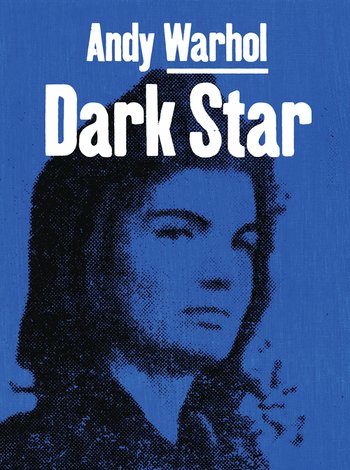
From soup cans to car crashes, the early work of Andy Warhol is reconsidered in this illustrated collection of essays from a wide variety of scholars, writers, and artists.
Andy Warhol embodied many of the paradoxes of postwar America. Emerging as a successful commercial artist during the heyday of Madison Avenue, Warhol was obsessed with consumer objects and the production of fame. His early work reveals his fascination with Hollywood stars, everyday household products, disasters, car crashes, and the Kennedy assassination. In this provocative and stimulating collection of essays, which accompanies an exhibition at Museum Jumex, Warhol and his art illuminate the utopian promise and the dark side of what Henry Luce called “the American Century.” Stuart Morgan considers the public and private Andy Warhol; Barbara Kruger looks at the polarized responses to his work; Richard Prince offers a wry comparison between himself and his more famous predecessor; and other writers, artists, and scholars contribute their own thoughts and reactions to Warhol the man and artist. Illustrated throughout with a wide ranging series of illustrations of Warhol’s famed and lesser known works, this collection brings into clearer focus the artist’s personal struggles to make sense of the world he inhabited.
Biography
DOUGLAS FOGLE is an independent curator and writer based in Los Angeles. He has held curatorial positions at the Hammer Museum in Los Angeles, the Carnegie Museum of Art in Pittsburgh, Pennsylvania, and the Walker Art Center in Minneapolis, Minnesota.
